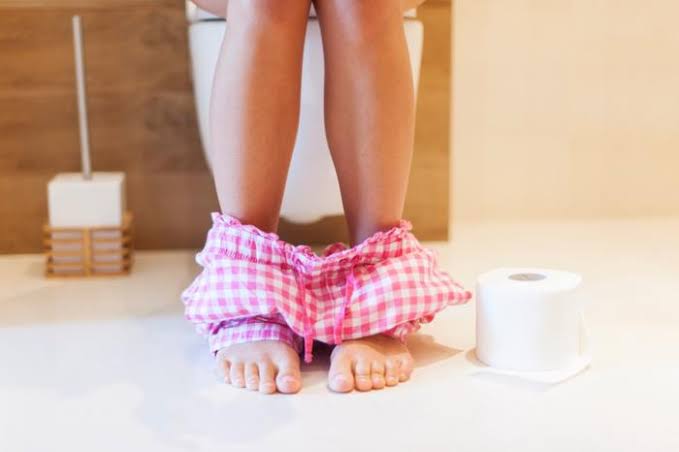Frequent urination, especially when it exceeds four times a day, can sometimes indicate underlying health issues. While urination frequency can vary depending on fluid intake, lifestyle, and other factors, persistent and unexplained urgency to urinate should not be dismissed. It could be your body signaling a deeper problem. In this article, we explore seven potential causes of frequent urination in women, ranging from common conditions to more serious health concerns.
What Constitutes Frequent Urination?
On average, a healthy individual urinates six to eight times a day. Frequent urination is generally defined as needing to use the bathroom more than eight times in 24 hours without an obvious cause such as high fluid intake or diuretic use. Identifying the underlying reason often requires a medical evaluation, especially if it disrupts daily life or is accompanied by other symptoms.
1. Urinary Tract Infections (UTIs)
UTIs are one of the most common causes of frequent urination in women. Bacteria entering the urinary tract cause inflammation, leading to a frequent urge to urinate, burning sensations, and sometimes cloudy or foul-smelling urine. Left untreated, UTIs can progress to kidney infections, which are far more serious and may present with fever, back pain, and nausea.
2. Low Estrogen Levels
Low estrogen levels, particularly after menopause, can lead to changes in the urinary tract. Estrogen helps maintain the thickness and elasticity of the bladder and urethra walls. When levels drop, women may experience thinning tissues that make them more susceptible to infections and urinary urgency. Hormonal therapy or lifestyle changes may help alleviate symptoms.
3. Bladder Stones
Bladder stones form when minerals in the bladder crystallize, often due to incomplete bladder emptying. Women with bladder stones may experience frequent urination, lower abdominal pain, and blood in the urine. While small stones may pass naturally, larger ones may require surgical removal to avoid complications.
4. Vaginitis
Inflammation of the vagina, or vaginitis, can irritate nearby urinary structures, leading to increased urination. This condition can be caused by yeast infections, bacterial vaginosis, or sexually transmitted infections. Common symptoms include itching, unusual discharge, and an unpleasant odor. Treatment typically involves antibiotics or antifungal medications....Read Full Article [Click Here>]
5. Diabetes Mellitus
Frequent urination is often an early sign of diabetes. High blood sugar levels increase the kidneys’ workload, leading to excess glucose in the urine and more trips to the bathroom. If frequent urination is accompanied by increased thirst, fatigue, or unexplained weight loss, it’s crucial to consult a doctor for a blood sugar evaluation.
6. Overactive Bladder Syndrome (OAB)
OAB is a condition where the bladder muscles contract involuntarily, causing a sudden urge to urinate. This can occur even when the bladder isn’t full. OAB is not life-threatening but can significantly affect quality of life. Treatment often includes lifestyle adjustments, bladder training, or medications.
7. Interstitial Cystitis (IC)
Also known as painful bladder syndrome, IC causes chronic bladder pain and frequent urination. The exact cause is unclear, but it’s believed to be related to bladder inflammation or nerve dysfunction. Treatment options include physical therapy, dietary changes, and medications to manage symptoms.
Seeking Help
Frequent urination is more than just an inconvenience—it can be a sign of a significant health issue. If you experience persistent symptoms, consult a healthcare professional for a thorough evaluation. Early detection is key to effective treatment and preventing complications.





